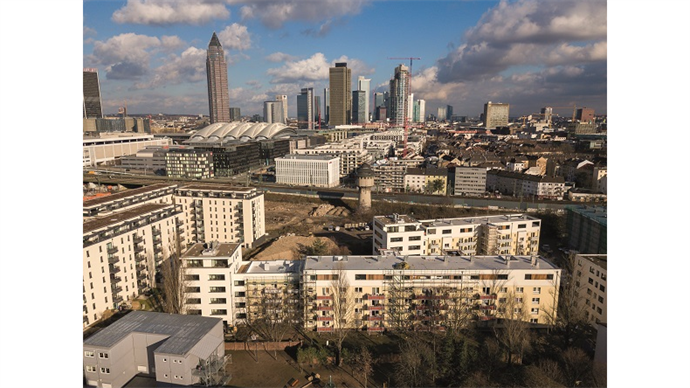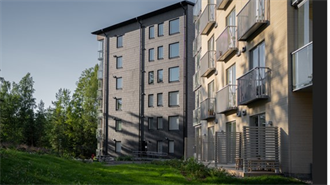If successful, the merger between Germany’s two biggest residential property companies will create Europe’s largest listed landlord with a stronghold in Berlin.
MAGAZINE: Birth of a new giant
- In Magazine highlights
- 14:06, 30 August 2021
Premium subscriber content – please log in to read more or take a free trial.
Events
Latest news
Best read stories
-

SBB divests Swedish elderly care properties for €58m
- 22-Nov-2024
Swedish real estate firm Samhällsbyggnadsbolaget i Norden (SBB) is selling two elderly care properties, located in Västerås and Flen, to Nordisk Renting.

































